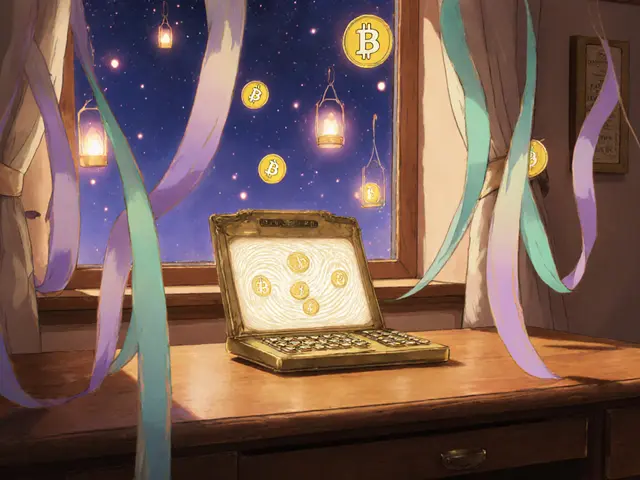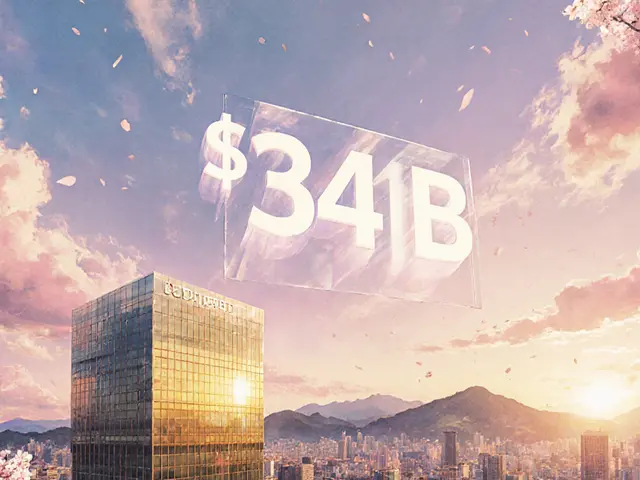Cryptocurrency Property: What It Is, How It Works, and Where to Find Real Value
When you own a cryptocurrency, you don’t just hold a number in an app—you hold cryptocurrency property, a verifiable, transferable digital asset secured by blockchain technology. Also known as digital asset ownership, it gives you legal and technical control over tokens, NFTs, or native coins—no bank, no middleman, no exceptions. This isn’t speculation. It’s property. And like any property, its value comes from what you can do with it: trade it, lock it in a smart contract, use it to access services, or even prove identity on-chain.
But not all crypto holdings are created equal. blockchain assets, tokens that represent ownership or utility on a distributed ledger can be anything from a meme coin with no code audit to a governance token that lets you vote on protocol upgrades. Your crypto wallet, the secure digital key that gives you access to your on-chain property is your deed, your safe, and your signature all in one. If you lose the private key, you lose the property—no customer service, no reset button. That’s why real ownership means understanding not just price, but access, security, and legal standing.
Look at the posts below. You’ll see how cryptocurrency property shows up in real cases: Iran mining Bitcoin to bypass sanctions, users claiming airdrops like SIL Finance or ByteNext, traders risking funds on unknown DEXs like WardenSwap, and investors holding defunct tokens like PureVidz that vanished overnight. These aren’t just stories—they’re lessons in what makes crypto property valuable, risky, or worthless. Some people treat crypto like a lottery ticket. Others treat it like real estate: they check the title, verify the chain of custody, and know the zoning laws—meaning the smart contract rules and tokenomics.
What you’ll find here isn’t hype. It’s a raw look at who controls what, how rights are enforced (or ignored), and where real ownership actually lives on the blockchain. Whether you’re holding a micro-cap token on Solana, voting on a DeFi upgrade, or just trying to claim an airdrop, you’re dealing with cryptocurrency property. And if you don’t understand what that means, you’re not investing—you’re gambling with your keys.
29
How Courts Are Treating Crypto Assets: Property, Securities, and Jurisdictional Battles in 2025
Courts around the world are deciding whether crypto is property, a security, or something new. Australia recognizes it as property. U.S. courts focus on exchange type and securities law. Jurisdictional battles and SEC pressure are shaping the future.
Latest Posts
Popular Posts
Tags
- decentralized exchange
- crypto exchange
- crypto exchange review
- cryptocurrency
- crypto airdrop 2025
- CoinMarketCap airdrop
- blockchain
- meme cryptocurrency
- GENIUS Act
- cryptocurrency compliance
- crypto airdrop
- meme coin
- crypto trading
- fake crypto exchange
- Solana meme coin
- cryptocurrency valuation
- Binance Smart Chain
- underground crypto Nepal
- crypto airdrop guide
- crypto staking




